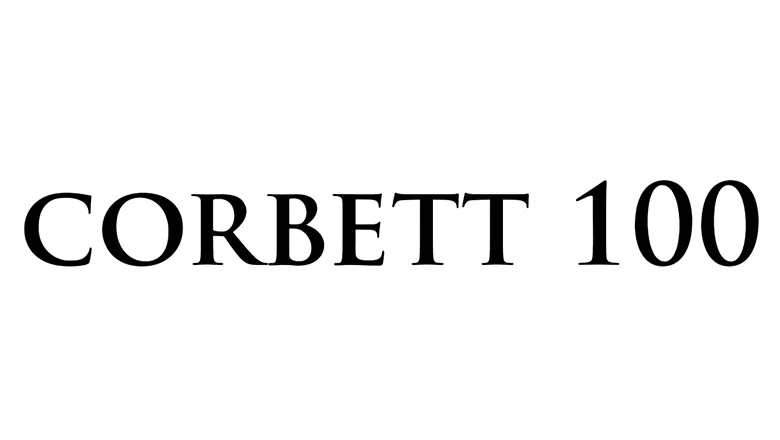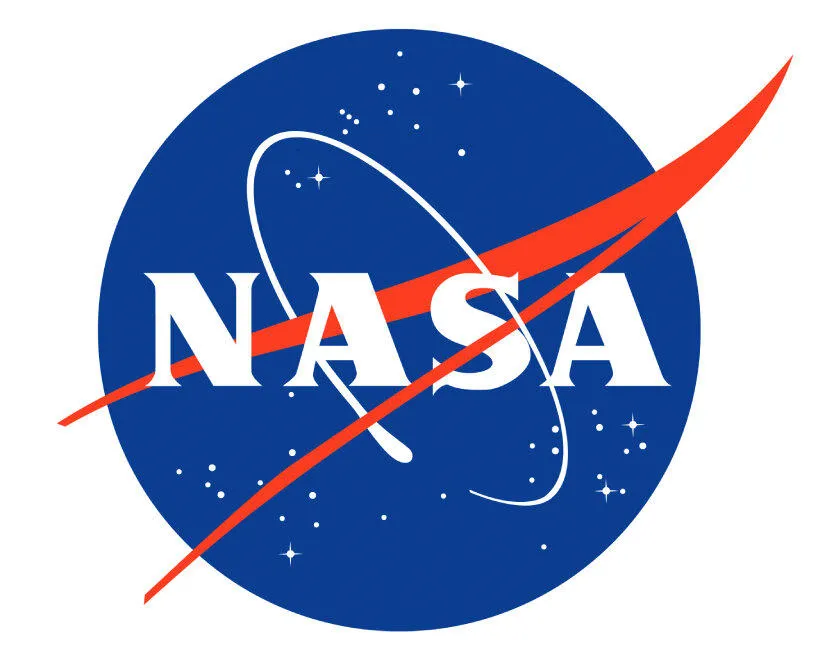The Art & Philosophy of Space Strategy
The ‘Space Strategy’ project seeks to leverage lessons and tools derived from domains, significantly maritime, to advance understandings of the role of space in defence and security, in particular, the interactions between human exploration, science, commerce, law, communications, and military operations as part of a national strategy which reflects national ways of ‘war and peace’. It asks fundamental questions that revisit the ideas, tenets, and debates on space while challenging contemporary assumptions, guesswork and theories ranging from space forces, defence organisation, space doctrine, policy and more.
Dr James WE Smith designed the ‘Space Strategy’ project. The project, amongst other of Dr Smith’s work, supported the creation of Dr Smith’s appointment as the Laughton-Corbett Research Fellow in the Department of War Studies, a title specially approved by King’s Dean of Research. The Laughton-Corbett Research Fellow educates and encourages the use of the historical methodology––the analysis of experience––and advances research into strategic studies. This methodology forms the baseline for the project that seeks to codify, lead and mature the debate on future humanity in space and its influence on Earth while similarly exploring the applicability of strategic through such as by Prussian General Carl von Clausewitz (1780-1831) and British maritime strategists, Sir Julian Corbett (1854-1922), amongst others. The project not only reaches out across academic disciplines, like humanities and science, but also between nations, militaries and their service branches, government civilian services and related industries.
Aims
- Advance research and understanding of the role of space in national defence.
- Advance research, development and education of Space Strategy, Strategic Space Policy and Defence Space Strategy, of which elements include Space Warfare and Doctrine.
- Advance Space as a discussion point for the development of national defence strategy and a point for defence reform: ‘seabed to space’.
- Explores maritime and naval analogies for military space and broader civilian uses, including both philosophical thought and practical application for humanity’s future in space.
- Build interdisciplinary networks and relationships to discuss future joint civilian-military space strategy. As seen by James’s appointment to the Royal Astronomical Society (FRAS), British Interplanetary Society, and in the United States, relationship with groups such as The Planetary Society, National Space Society, and Space Exploration advocacy.
Methods
- Deliver a monograph as the principal output of the project.
- Host invited scholars and speakers to events and discussion.
- Timely and relevant papers, journals and lectures for professional and student education.
- Uses the ‘historical school methodology’ to inform the research, counterbalancing other forms or biases.
- Addresses deficiencies in the understanding of the history military and governmental use of space.
- Develop closer relations between academic studies on space and interested parties, such as with civilian space agencies and military space forces across all services.
Our Partners

Corbett 100

National Aeronautics and Space Administration (NASA)

U.S. Naval War College

Principal Investigator
Affiliations
Funding
Funding Body: British Academy
Amount: Undisclosed
Period: January 2024 - August 2028
Funding Body: King's College London
Amount: Undisclosed
Period: January 2024 - August 2028
Funding Body: US Government
Amount: Undisclosed
Period: January 2019 - August 2028


